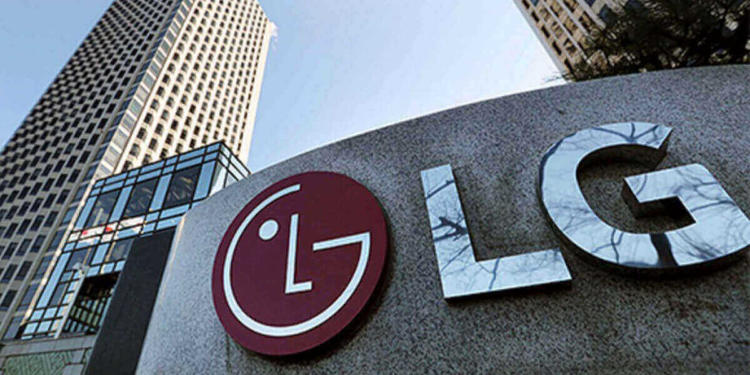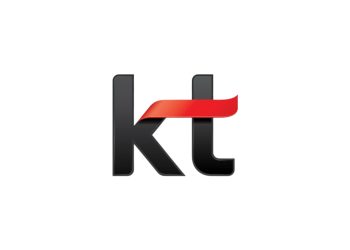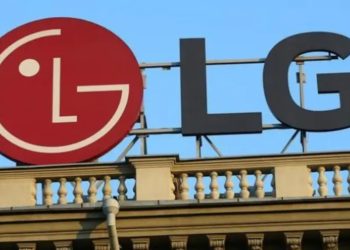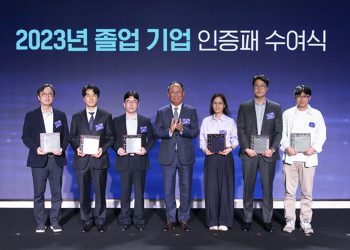LG Electronics on Wednesday announced its collaboration with the Korea Research Institute of Standards and Science (KRISS), South Korea’s national measurement standards laboratory, and the state-run Korea Advanced Institute of Science & Technology (KAIST) to create 6G mobile communication technology. The research process would include the development and verification of original technologies to ensure global leadership in 6G mobile technologies.
The three organizations signed the agreement at the KRISS Headquarters located in Yuseong-gu, Daejeon on August 12, together with Park Hyun-min, president of the KRISS, Kim Byung-hoon, director of LG Electronics’ C&M Standard Research Institute, and Cho Dong-ho, director of the LG-KAIST 6G Research Center at the KAIST.
The venture includes LG’s C&M standard laboratory, and a research center put up by KAIST and LG Electronics in Daejeon, 160 kilometers south of Seoul, last January 2019.
LG, KRISS, and KAIST would pursue the development of new and pioneer technologies related to 6G terahertz (THz) frequencies and solutions. The partnership would create and manage facilities dedicated to the verification of technologies, the discovery of frequencies, and the analysis of channels’ properties.
The THz unit describes frequency into one trillion cycles per second.
The Electronics and Telecom Research Institute (ETRI), a state-funded organization, operates in the wireless communication field and works on the THz frequency band for 6G.
Kim Byoung-hoon, LG’s C&M head, said that through this partnership, LG expects an improvement of research on terahertz wireless transmission and gathering, which would establish a robust technological leadership globally.
To become the First Commercial Distributor of 6G
As a leader in 5G mobile services, South Korea aspires to become the first commercial distributor of 6G mobile telecommunication by 2028. Scientists claim that 6G technology would completely open a new era since 6G works five times faster than 5G. University of Oulu researchers believe that the future-generation mobile network could transfer terabits per second, which would create near-instant microsecond connectivity between people.
KRISS head, Park Hyun-min, stated that the institute hopes that the source measurement technology developed by the Korea Research Institute of Standards & Science would aid as a foundation for Korean companies to aspire for a global assertion in 6G research and development.
LG expects the commercialization of the 6G system in 2029. The company also said that the technology would begin the period of “Ambient Internet of Everything,” where humans, objects, and space are all interconnected through artificial intelligence solutions.
The Seoul government supports a feasibility study for 6G technologies and thus pursues commercialization. Samsung Electronics and SK Telecom decided to push for joint research in 6G evolution technologies and explore new business set-ups.







